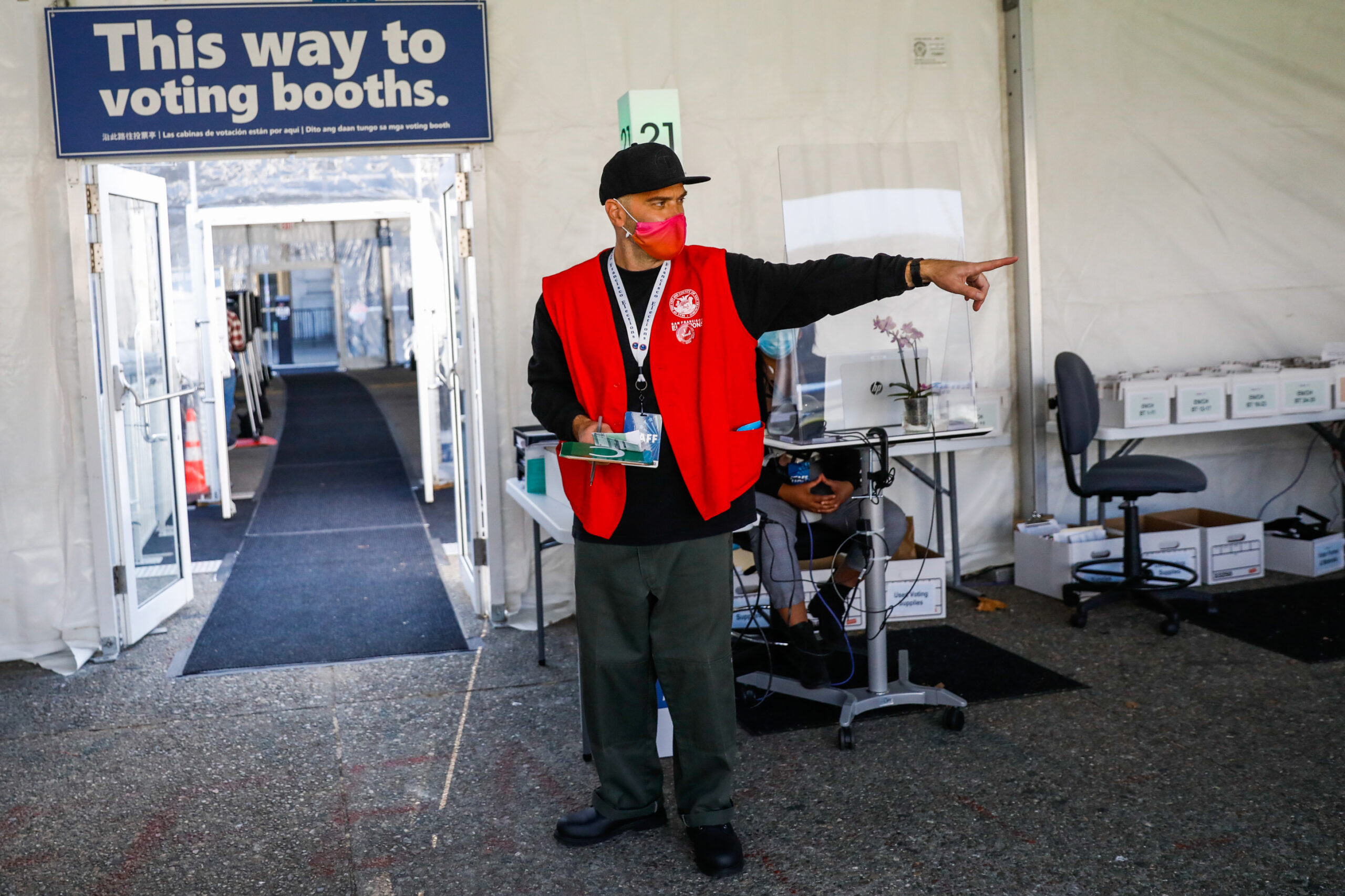This coming June 7 election is the third heat in our quadrathlon election year, and it’s going to be one of the bigger ones with contests for a wide range of state and federal offices, plus City Attorney. (Recently appointed incumbent David Chiu is running unopposed).
San Francisco voters also face eight local ballot measures: a bond measure, two charter amendments, four ordinances and a recall. All pose significant policy choices, some more complicated than others. Apart from the District Attorney recall, which was placed on the ballot by petition, all of these measures were placed on the ballot by a majority of the Board of Supervisors.
The Bond Measure: $400 Million for Getting Around
Proposition A is a general obligation bond of up to $400 Million to pay for previously planned capital improvements such as repairs and upgrades to Muni’s transit system, improving street safety features and traffic signals, and traffic calming measures.
The Charter Amendments: DBI and Recall Reform
Proposition B would reorganize the oversight commission for the Department of Building Inspection, the focus of recent scandals.
Proposition C places additional time restraints on filing petitions for recall of elected officials, reducing the available window to eight and a half months in the second year of office. Additionally, any appointed replacement for a recalled official would be barred from standing for election.
The Ordinances: A New Crime Agency, Fundraising Regulations, Garbage Rates, Sick Leave
Proposition D would create a new Office of Victim and Witness Rights that would provide support and ensure the right to counsel for crime victims and witnesses.
Proposition E is meant to be an anti-corruption measure that would further restrict a type of fundraising where officials ask persons to donate to a preferred charity.
Proposition F would change the way garbage collection rates are regulated. It would reorganize the Refuse Rate Board and move responsibility for monitoring and proposing rates from the Director of Public Works to the Controller. Future changes to this law could be enacted by the Board of Supervisors.
Proposition G would essentially make permanent an emergency ordinance adopted during the height of the Covid epidemic which requires larger private employers to provide two weeks of paid public health emergency leave. Those with less than 100 workers are exempt.
The Main Event: District Attorney Recall
Proposition H would recall District Attorney Chesa Boudin from office, allowing Mayor London Breed to appoint his replacement.
This article has been updated.
